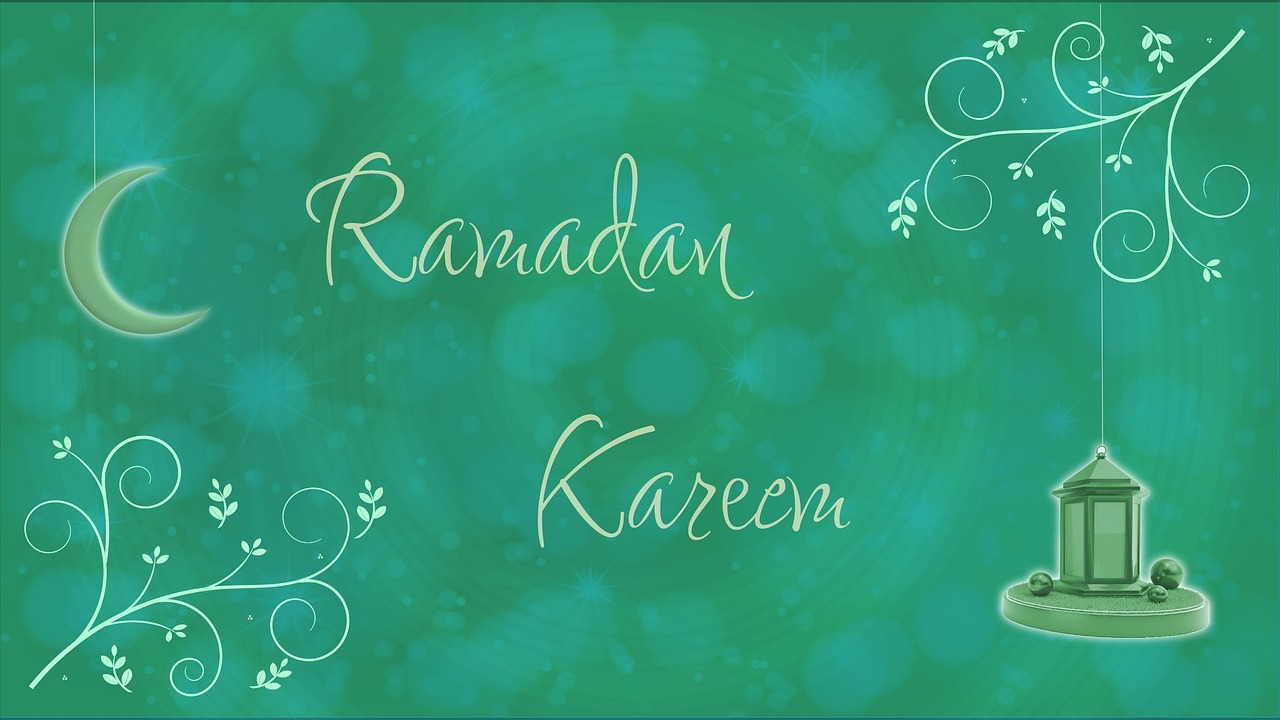“As Ramadan arrives, the gates of mercy are opened, the gates of Hell are closed, and the devils are bound.”
Ramadan is the holiest month in the Islamic calendar. It is a month that comes with immense blessings and unlimited rewards. It is mentioned in the Quran, and numerous hadiths highlight this month’s importance. But like some parts of the religion, Ramadan is also surrounded by contradicting opinions, mainly about its Ashras. Keeping this in mind, this blog will explain in detail the Ashras of Ramadan, their respective duas, what the hadiths say about the Ashras, and the opinions of different scholars.
The Three Ashras Of Ramadan
“It’s a month whose start is mercy, whose middle is the forgiveness of Allah, and whose end is liberation from hell.”
This hadith is a small snippet from a long hadith that Salman Al-Farisi narrates. It divides Ramadan into three Ashras. Ashra is an Arabic word that translates to ten. Ramadan is divided into three parts of ten days and consists of three Ashras. The first Ashra of Ramadan is the mercy of Allah SWT, the second one is the forgiveness of Allah SWT, and the third Ashra is liberation from hell. Each Ashra has its own dua, which is recited on its first day.
First Ashra Of Ramadan
The first Ashra of Ramadan, also known as Ashra tul rehmat, is the Ashra that lasts from the first to the tenth fast.
Dua
وَقُل رَّبِّ اغْفِرْ وَارْحَمْ وَأَنتَ خَيْرُ الرَّاحِمِينَ
Transliteration:
Rabbighfir Warham Wa Anta Khair-Ur-Raahimeen
Translation:
O! my Lord, Forgive me and have mercy, and You are the Best of Merciful
Second Ashra Of Ramadan
The second Ashra of Ramadan, also known as Ashra tul maghfirat, lasts from the eleventh day of the fast to the twentieth day of the fast.
Dua
أسْتَغْفِرُ اللهَ رَبي مِنْ كُلِ ذَنبٍ وَأتُوبُ إلَيهِ
Transliteration:
Astaghfirullah Rabbi Min Kulli Zambin Wa Atoobu Ilaih
Translation:
I ask forgiveness for my sins from Allah, who is my Lord, and I turn towards Him.
The Third Ashra Of Ramadan
The third Ashra, also known as the Ashra tul nijaat, is the Ashra that brings emancipation from fire. This Ashra lasts from the twenty-first fast to the twenty-ninth or thirtieth fast, depending on the sighting of the moon. The third Ashra also has a very special night called Laylatul Qadar or the Night of Power, in which worship is better than the worship of a thousand months.
Dua
ﺍﻟﻠﻬﻢ ﺃﺟﺮﻧﺎ ﻣﻦ ﺍﻟﻨﺎﺭ
Transliteration:
Allahumma Ajirni minan naar
Translation:
O Allah, save me from the fire of Hell
Varying Opinions
The hadith that this snippet is taken from is considered a weak hadith due to its chain of narration being the main problem. The main issue arises when a hadith is weak: Can it be applied to daily life? Here are the opinions of the most renowned scholars on this issue:
Virtue Of Good Deeds
Mohammad Tosri Miah, the founder of Dar ul Ifta Birmingham, states that although it is a weak hadith, weak hadiths are not acceptable only when there is a case in which they are about aqeedah or establishing sharia rulings. However, weak hadiths can be accepted when there is a matter of virtues or fada’il.
He further states that scholars such as Imam Ibn Salah and Imam Nawawi have always said that leeway is present when quoting weak hadiths in virtue of acts. Imam Bukhari also brought weak narrations in his book Al Adabul Mufrad, indicating that he also accepts weak narrations regarding the virtue of good deeds.
Therefore, there is nothing wrong when one acts upon weak hadiths regarding the virtue of good deeds. This is a principle of Islam. And finally, one should bear in mind that the learned and pious of the ummah can’t be unanimous on something false or not part of Islam.
Furthermore, Moulana Muhammad Abasoomar states that even though the duas for the three Ashras are not sunnah, there is no harm if one recites these with the intention of gaining the mentioned favors of Allah SWT in the appropriate parts of the month of Ramadan.
Singling Out Every Ten Days
The second opinion states that Ramadan is the month of mercy, forgiveness, and emancipation from fire. And that none of these blessings are only acquirable within a specific timeframe.
This opinion used these two hadiths as its basis.
The Messenger of Allah (PBUH) said, “When the first night of Ramadan arrives, the satans and troublesome jinn are restrained, the gates of Hell are shut with none left open, while the gates of Paradise are wide open, with none being closed. A caller announces: ‘O seeker of good, move forward; O seeker of evil, refrain.’ Every day, Allah saves certain individuals from the Fire.”
“As Ramadan arrives, the gates of mercy are opened, the gates of Hell are closed, and the devils are bound.”
Based on this, singling out the first Ashra of Ramadan to pray for mercy, the second Ashra to pray for forgiveness, and the third Ashra to pray for freedom from hellfire is an innovation that has no basis in Islam.
Similarly, there is no justification for singling out these times for the supplications because each day in Ramadan is equal. This opinion further states that Muslims can pray for whatever is good in the dunya and the akhirah.

